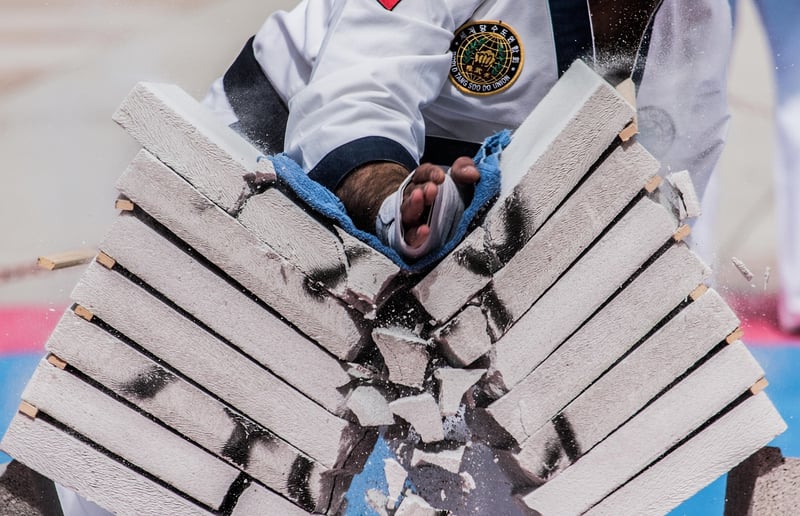Meditative Movements
Chinese Martial Art for Mind-Body Harmony + Meditative Movements
Chinese martial arts, also known as Kung Fu or Wushu, are not just about self-defense or combat techniques; they offer a holistic approach to physical, mental, and spiritual well-being. Through a combination of movements, breathing exercises, and meditation, Chinese martial arts promote mind-body harmony and inner peace.
The Essence of Chinese Martial Arts
At the core of Chinese martial arts is the concept of Qi (pronounced "chee"), which refers to the vital energy that flows through the body. By practicing martial arts, individuals aim to cultivate and balance their Qi, leading to improved health, increased vitality, and a sense of inner calm.
Benefits of Chinese Martial Arts
- Enhanced physical fitness and flexibility
- Improved balance, coordination, and agility
- Stress relief and relaxation
- Increased focus, concentration, and mental clarity
- Boosted self-confidence and discipline
Popular Styles of Chinese Martial Arts
Some well-known styles of Chinese martial arts that emphasize mind-body harmony and meditative movements include:
- Tai Chi: Known for its slow, flowing movements, Tai Chi promotes relaxation, balance, and harmony.
- Qigong: Focuses on breathing techniques, gentle movements, and meditation to cultivate Qi and promote healing.
- Shaolin Kung Fu: Combines physical prowess with mental discipline and spiritual development through dynamic movements and forms.
Experience the Serenity of Chinese Martial Arts
Whether you are looking to improve your physical fitness, reduce stress, or enhance your mental clarity, Chinese martial arts offer a pathway to holistic well-being. Embrace the meditative movements, cultivate your inner energy, and embark on a journey towards mind-body harmony.

Begin your practice today and discover the transformative power of Chinese martial arts in nurturing your mind, body, and spirit.
For more information on Chinese martial arts and how to get started, visit Chinese Martial Arts - Wikipedia.
